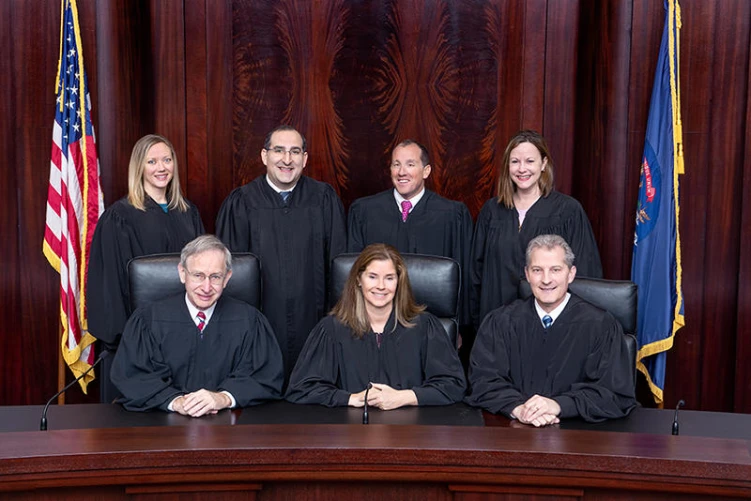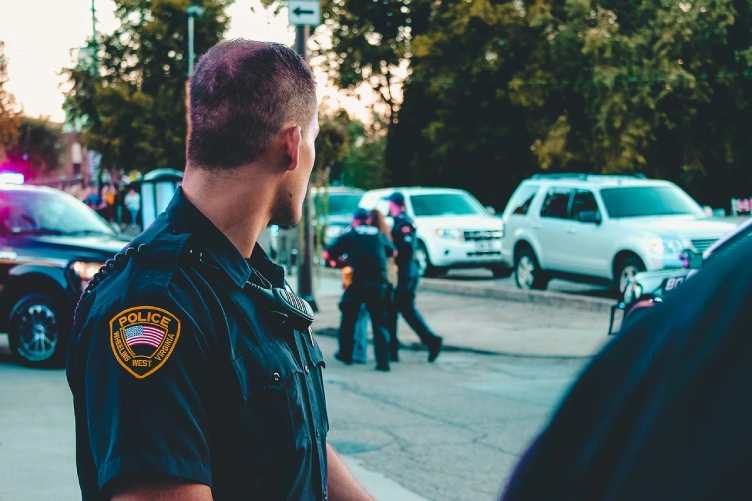The legal system is a complicated and confusing topic. The law can vary in different states, the federal government has its own set of laws, and there are things like international law that you may not be familiar with. It’s easy to get lost among all this information, and it’s important to know your rights when it comes to search and seizure, arrest, Miranda rights, and more.
The law protects every citizen somehow, and it’s important to be aware of these rights to protect yourself from any possible legal issues. Knowing your rights can help you avoid misunderstandings with law enforcement officials, and it may even help you in a court of law if you need to go to trial.
You have the right to remain silent.
One of the most important rights you have is the right to remain silent. This means that you don’t have to answer any questions from law enforcement officials without an attorney present. You can also refuse to consent to a search of your person or property. If you are arrested, you have the right to be read your Miranda rights, including the right to remain silent and an attorney.
You have the right to an attorney.
When it comes to legal rights, one of the most important is the right to an attorney. This means that if you are ever arrested or charged with a crime, you have the right to have an attorney represent you. You are not required to represent yourself in court, and it is highly recommended that you do not. An experienced attorney can help protect your rights and provide guidance through the legal process.
You have the right to be informed of your charges.
When you are arrested, you have the right to be informed of the charges against you. This ensures that you know what you are being accused of and allows you to begin preparing a defense. Without this information, it can be difficult to mount a defense and impact your ability to get a fair trial. Being informed of your charges also allows you to think about bail or other ways to get out of jail.
You have the right to remain silent.

You have the legal right to remain silent if you are arrested. This means that you do not have to answer any questions from the police and can refuse to speak with them altogether. Anything you say could be used against you in court, so it is important to keep quiet until you have an attorney. You can always answer questions later, but it is best to wait until legal representation.
You have the right to a last will and testament.
A last will and testament is a legal document that allows you to state your wishes for what should happen to your property and assets after your death. It’s important to have one in order to ensure that your wishes are followed after your death. If you don’t have a will, the state will decide how your property and assets are distributed, which may not be what you would have wanted. Having a last will and testament can also help avoid any legal disputes between family members after you die. You can look into hiring an estate lawyer or get your family connected to a probate law firm to help you enforce your will.
You have the right to a public trial by an impartial jury.
You have the right to a public trial by an impartial jury because it ensures that you will get a fair trial. The public nature of the trial ensures that there is transparency and accountability, while the impartiality of the jury means that you are not being tried by someone who may be biased against you. Having a public trial also allows the media to report on the case, which can help keep the government in check.
You have the right to due process.
Due process is a legal principle that ensures that you are given a fair trial and that you are treated fairly by the government. This includes things like seeing the evidence against you and having a chance to argue your case in front of a judge. The government cannot simply take away your rights without giving you a chance to defend yourself, and they must follow the proper legal procedures in order to do so.
Conclusion
As you can see, there are a number of important legal rights that all citizens are entitled to. Knowing your rights is essential if you want to protect yourself from any possible legal issues. If you have any questions about your legal rights or need help enforcing them, be sure to contact an attorney.



